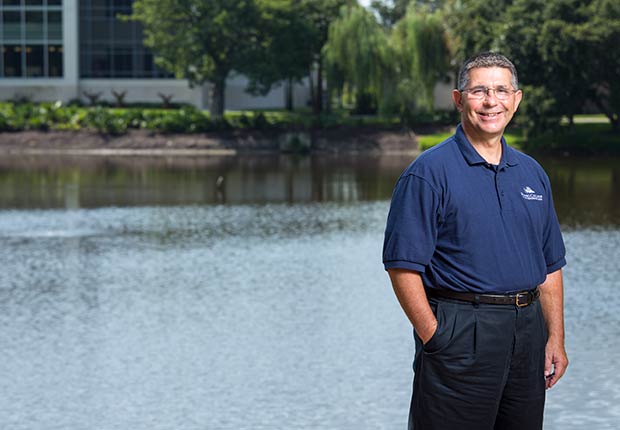AARP Hearing Center

By Tom Scherberger
Florida voters will choose from a host of candidates in the Nov. 4 election: for governor, lieutenant governor and three Cabinet posts; for all 120 state House and 20 state Senate seats; and for all 27 U.S. House seats.
The outcome will have a direct impact on issues of critical importance to older Floridians.
No other state has a higher concentration of residents 65 and older—17.6 percent.
Eckerd College political science professor Tony Brunello said he expects candidates to address issues important to older voters as the election nears.
“You’ve got to get older voters. It’s essential,” he said. “Their turnout is very, very high. Year in, year out, they can be counted on to vote.”
AARP does not endorse candidates, contribute to campaigns
or favor any political party.
Here are four key issues that AARP Florida has identified:
- Medicaid expansion. The Florida Legislature has refused to expand Medicaid, even though under the 2010 Affordable Care Act the federal government would pay 100 percent of the cost for the first three years and 90 percent later on.
Expanding Medicaid would cover more than 260,000 uninsured Floridians ages 50 to 64. Supporters of Medicaid expansion, including AARP Florida, say it would save money in the long run by providing preventive care to avoid more serious and costly health problems in the future.
Preventive medical care also allows people to continue working, contributing to the economy and paying taxes.
- Family caregiving. Family members care for older relatives out of love, but they could use some help. The unpaid value of care provided by family caregivers in Florida amounts to more than $29 billion a year, according to an AARP Public Policy Institute report.
Surveys have indicated that 95 percent of Floridians prefer to age in their homes and communities. Yet, Florida’s policies on such care promote the very thing most people want to avoid: institutionalization.
“By far, the single largest provider of senior care is not government but family caregivers,’’ said Jeff Johnson, AARP Florida state director. “But Florida has historically not done very well in its support for folks who need some help to remain independent.’’
Family caregivers could be helped through improved state funding for home- and community-based services such as Meals on Wheels, housekeeping, respite care and medication supervision.
- Transportation. Florida is the most dangerous state in the country for pedestrians. The four most deadly metropolitan areas in the U.S. for pedestrians are Orlando, Tampa-St. Petersburg, Jacksonville and Miami, according to a recent study partially sponsored by AARP.
A transportation system that relies almost exclusively on cars poses a challenge for older residents.
Walking is an important part of maintaining good health, but the design of Florida’s roadways discourages it. In addition, most Florida communities are lacking in mass transit services, leaving residents little choice but to rely on cars to get around.
The report recommended myriad changes, from more pedestrian-friendly road standards and enhanced crosswalks to stricter speed limit enforcement.
- Affordable utilities. The Florida Public Service Commission has allowed electric rates to soar. Duke Energy customers, for example, pay 48 percent more now than in 2003. Rates by other utilities also have increased.
AARP Florida wants to rescind a state law that allows utilities to raise rates to pay for the construction of new power plants, including nuclear facilities—even if they are never built. It also favors new state policies to promote renewable energy sources where they are the most efficient and cost-effective.
To learn where state and federal candidates stand on issues of importance to older people, see the voter guide at aarp.org/yourvote.
Tom Scherberger is a writer living in Treasure Island, Fla.































































